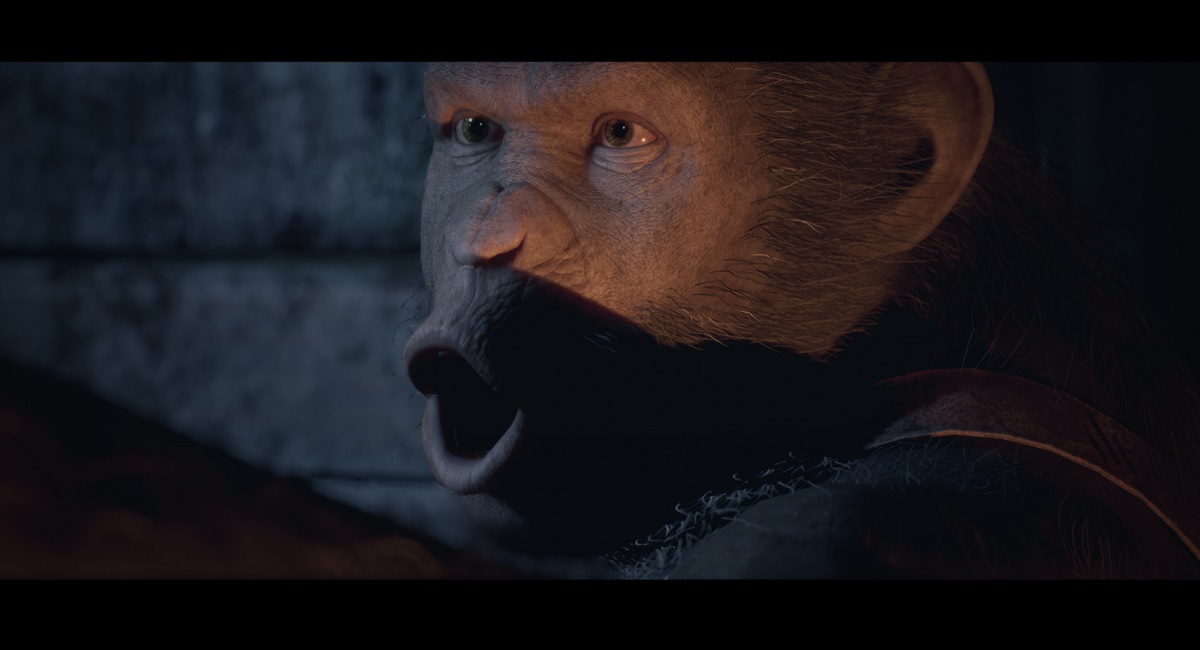Andy Serkis made his name playing digital characters in films such as Gollum in The Lord of the Rings and Caesar in the Planet of the Apes reboots.
And so it is fitting that Serkis’ digital effects studio, The Imaginarium Studios, and an independent UK developer, The Imaginati Studios, are creating a new video game based on the new movie series, dubbed Planet of the Apes: Last Frontier.

Unlock premium content and VIP community perks with GB M A X!
Join now to enjoy our free and premium membership perks.
![]()

![]()